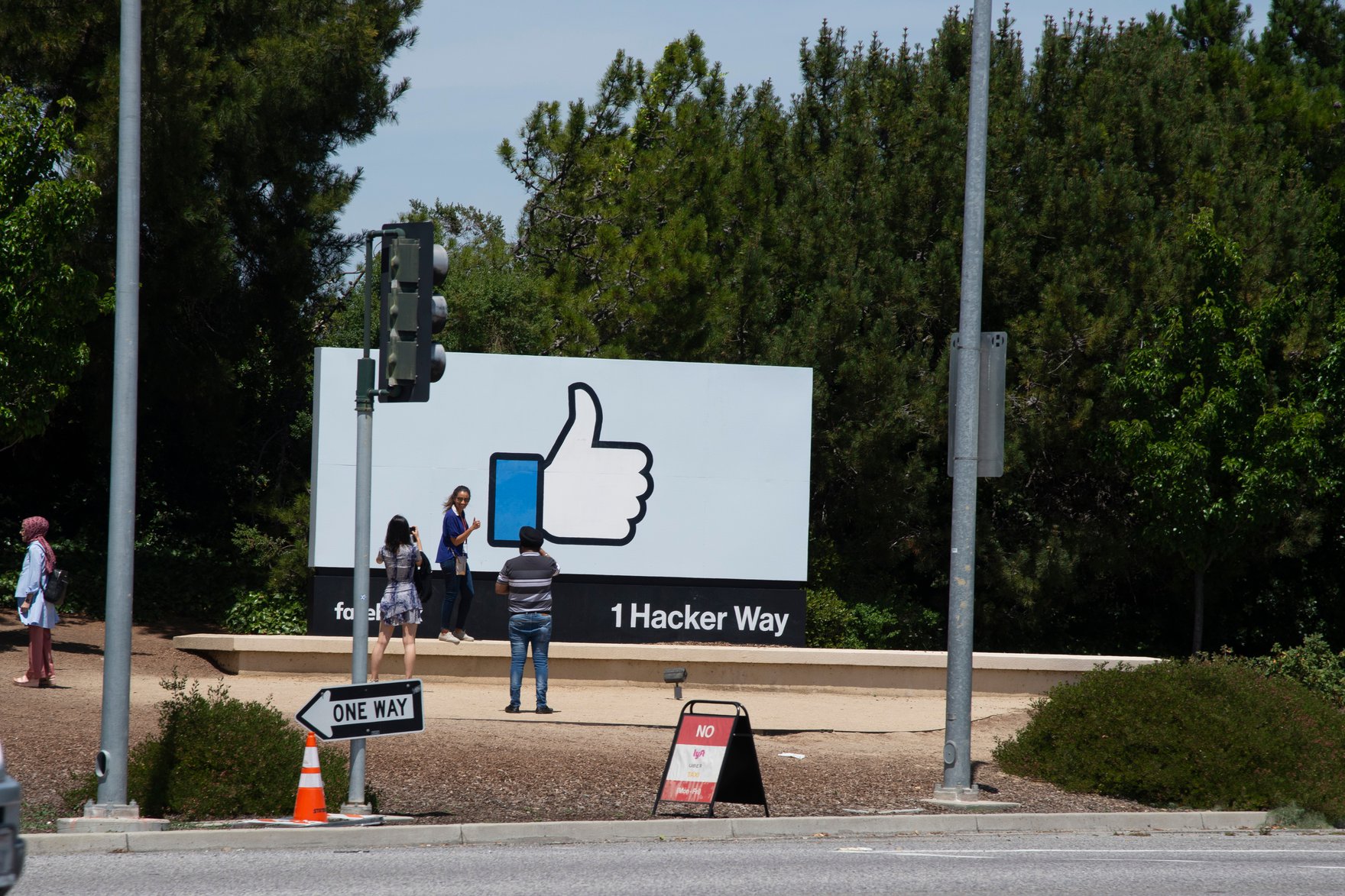While regulators levy fines and debate rules to govern Facebook, the company shows no signs of slowing or bowing to national governments. Instead, it has announced plans to launch its own global cryptocurrency.
The cryptocurrency — called Libra — throws yet another wrench into the already rusty gears of platform governance. Is this Facebook’s brazen attempt to transcend the regulatory reach of national governments or to shape the regulatory regime that would govern their operations in the financial services sector?
What Is Libra and How Does It Work?
Libra is a blockchain-based cryptocurrency proposed by Facebook and partners who are part of the Libra Association (a non-profit membership organization that will be based out of Geneva, Switzerland). Some initial members of the association include Visa, MasterCard, PayPal, Stripe, Uber, Lyft and notable venture capital firms such as Union Square Ventures, Andreessen Horowitz and Thrive Capital.
Facebook has created its own version of a blockchain so that it can scale to billions of users and transactions while still offering features similar to those found in traditional blockchain systems. Some argue that this is not a traditional blockchain, but a decentralized, programmable database, but this difference is meaningless to most people. The premise remains: Libra will be able to securely and quickly send currency and conduct transactions without a central authority.
At a moment when trust in Facebook appears to be at an all-time low, the company plans to launch a currency that does not require trust in Facebook; instead, people can trust Visa, or Mastercard or any of the other seemingly more secure members of the Libra Association.
Facebook hopes to have 100 members in the Libra Association before the cryptocurrency is launched in 2020.
In order to avoid the volatility associated with most cryptocurrencies, Libra will be backed by a reserve of assets so that the price of Libra will be stable. These assets will be maintained by network custodians who will be rewarded with interest on their reserve assets in exchange for providing them.
Users will be able to buy Libra using Visa, MasterCard, PayPal and Stripe, and to convert traditional currencies into Libra via cryptocurrency exchanges.
Why Does Facebook Want to Launch a Currency?
Through Libra, Facebook wants to “reinvent money” and “transform the global economy.” It seeks to do this by making banking and the movement of money global, open and instant, and frankly, they might be able to. Accessibility has been a core element of Facebook’s success so far. Frictionless design makes their existing services easy for people to use regardless of their age or location. Cryptocurrency has not, to date, been easy to use. Facebook is in a position to both normalize cryptocurrency and, by extension, make financial services available to people around the world whom banks have been unable or unwilling to serve. Of course, not all of the technology giant’s motivations are selfless — there’s something in it for Facebook too. Specifically, new revenue and new data are up for grabs,
Facebook is a titan in the world of messaging, and lately, companies in Asia and Africa have popularized sending money through messaging apps — a capability Facebook likely sees as essential to the future of messaging services. This isn’t just about sending money to friends, however. It’s also about purchasing products and services. Advertising is how Facebook currently makes most of its revenue. Its sprawling advertising networks could benefit from a digital currency by converting any ad into an online store for whatever it’s promoting with a “buy now” button using Libra currency.
Perhaps the largest and most obvious motivation for launching a cryptocurrency is the potential for Facebook to collect even more data. Currently, Facebook gathers social and activity data based on what people do on the platform and with their mobile devices. Expanding its collection to include economic and transaction data would give Facebook an even greater view into the lives of their users.
What Do Governments Think about Libra?
Increasingly, governments are skeptical of Facebook’s power and the company’s track record of irresponsibility. By creating a cryptocurrency, Facebook is entering into strange territory; the company is, at least in some ways, competing with national governments who are the backers of traditional currencies.
US Representative Maxine Waters, the chair of the House Committee on Financial Services, sent Facebook a letter requesting that it pause its efforts until it received proper US government approval. In an issued statement, she said:
"With the announcement that it plans to create a cryptocurrency, Facebook is continuing its unchecked expansion and extending its reach into the lives of its users. The cryptocurrency market currently lacks a clear regulatory framework to provide strong protections for investors, consumers, and the economy. Regulators should see this as a wake-up call to get serious about the privacy and national security concerns, cybersecurity risks, and trading risks that are posed by cryptocurrencies. Given the company’s troubled past, I am requesting that Facebook agree to a moratorium on any movement forward on developing a cryptocurrency until Congress and regulators have the opportunity to examine these issues and take action."
David Marcus, the Facebook executive leading the company’s cryptocurrency efforts, has since declined this request to pause. Marcus also indicated that Libra will ultimately be regulated by Swiss authorities, given that the Libra Association is based in Geneva. Other governments do not seem to agree with this unilateral assertion.
Waters has indicated that House Democrats have prepared legislation that would prevent the company from further developing Libra; however, Facebook has said it is committed to working with governments to get ultimate approval.
Meanwhile, in France, Group of Seven finance ministers were meeting and generally agreed that a regulatory response to Libra was necessary; in the words of French Finance Minister Bruno Le Maire, “the sovereignty of nations cannot be jeopardised.” German Finance Minister Olaf Scholz said that governments “must act quickly and that [Libra] cannot go ahead without all legal and regulatory questions being resolved.”
US Treasury Secretary Steven Mnuchin echoed these comments in a press conference that coupled Libra with concerns around national security and money laundering.
Governments are right to be concerned with Facebook’s desire to make the movement of capital global, open and instant. The flight of capital has crashed economies, devalued currencies and resulted in the fall of governments. Facebook believes that easier movement of capital results in greater freedoms, but it could instead result in greater instability, volatility and even tyranny.
What Comes Next?
The Libra Association is in active talks with Swiss regulators regarding what rules should govern this new currency.
Meanwhile, Facebook is actively recruiting partners to join the association and to help provide the necessary infrastructure and funding to make the currency a reality.
The desired launch in early 2020 may not be possible if obtaining regulatory approval ahead of time is considered essential.
It’s not just the nature of that regulation that needs to be discussed, however. There is still no clear decision about who should be doing the regulating. Within the United States alone there are a number of different regulatory agencies currently debating what Libra is and who has the authority to regulate it.
As a result, other cryptocurrencies are anxious that governments roused from their regulatory sleep may pay closer scrutiny to the sector as a whole. Regulators and central banks have also been sluggish when it comes to assessing their own relationship with cryptocurrencies, and Facebook’s efforts will only accelerate the need for governments to decide what they want to do about digital currencies in general.
As usual, a few questions about the issue at hand and the regulators trying to address it remain unanswered: is Facebook finally willing to work with regulators rather than actively seeking to avoid them? And are regulators finally serious about reining in technology companies? While Libra certainly has concerning elements, at least it brought these questions to the foreground, and with new urgency. It’s no surprise, though, that Facebook’s venture into the regulators’ arena — finance — is what provoked new debate.





